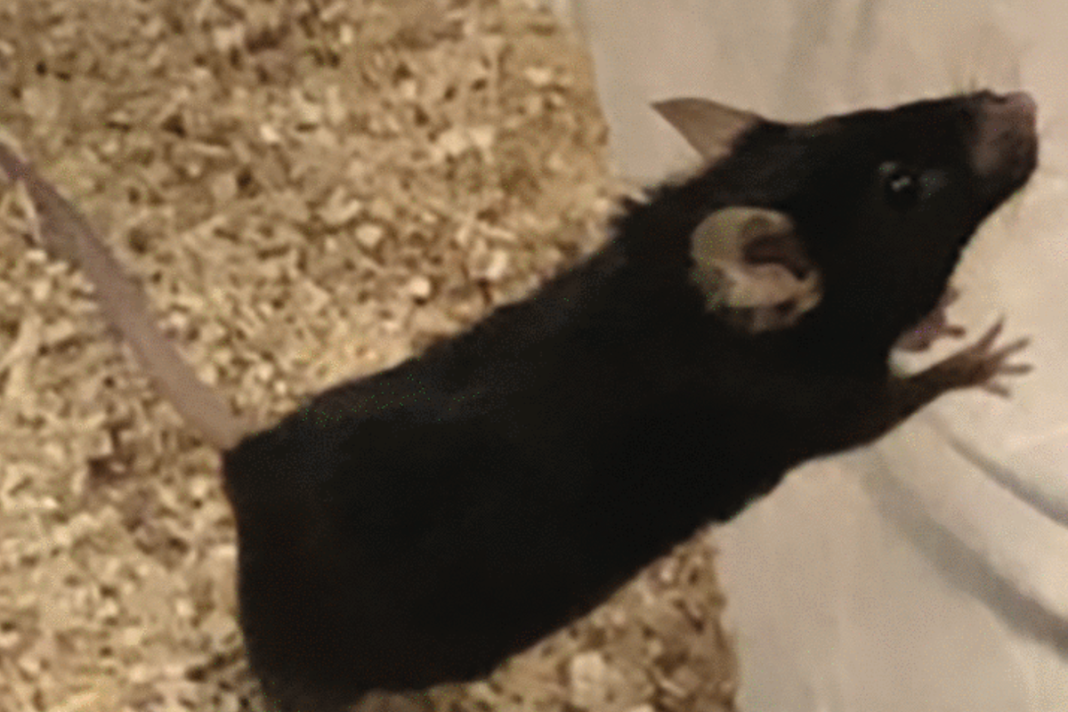Key Takeaways
- Drug combination extends lifespan in frail male mice by 73%
- Significant improvements in physical endurance, agility, and memory observed
- Female mice showed no similar benefits, highlighting sex differences
- Treatment reduced key ageing markers in blood proteins
A groundbreaking drug combination has demonstrated a remarkable 73% lifespan extension in frail, elderly male mice, according to new research published in Ageing-US. The study reveals significant sex-based differences in response to anti-ageing therapies, with female mice showing no comparable benefits.
Dual-Drug Approach Targets Ageing Pathways
Researchers tested a two-drug therapy combining oxytocin, known for tissue repair support, with OT+A5i, which blocks the TGF-beta pathway. This pathway becomes overactive with age, contributing to chronic inflammation and tissue damage.
The treatment was administered to mice at 25 months old, equivalent to approximately 75 human years. Male mice receiving the therapy showed extraordinary results, living over 70% longer than untreated controls.
Remarkable Health Improvements
Scientists documented substantial healthspan improvements in treated male mice, including:
- Enhanced physical performance and endurance
- Improved short-term memory
- Better agility and resilience
- Nearly three times lower mortality risk
“Treatment of old frail male mice with OT+A5i resulted in a remarkable 73 per cent life extension from that time, and a 14 per cent increase in the overall median lifespan,” the researchers reported.
Superior to Existing Treatments
The combination therapy outperformed established anti-ageing interventions. Previous studies of rapamycin showed only 9-15% increased survivorship in mice, significantly less than the 73% extension achieved with OT+A5i.
“Compared to other established lifespan-extending interventions, Oxytocin+A5i demonstrates unique outcomes, such as significantly (over 70 per cent) increased life expectancy from the start of this therapy in old and frail male mice,” the study authors noted.
Sex-Specific Results
The research uncovered crucial sex differences in treatment response. After four months of continuous therapy, only male mice maintained improved protein levels in blood circulation – key markers of ageing that returned to more youthful states.
Female mice experienced no significant gains in either lifespan or healthspan, emphasizing the importance of sex-specific approaches in longevity research.
“These findings establish the significant health-span extension capacity of OT+A5i and emphasise the differences in ageing and in response to longevity therapeutics between the sexes,” scientists concluded.
The breakthrough provides a new model for developing targeted longevity therapies while highlighting the critical need to consider biological sex in anti-ageing research.




